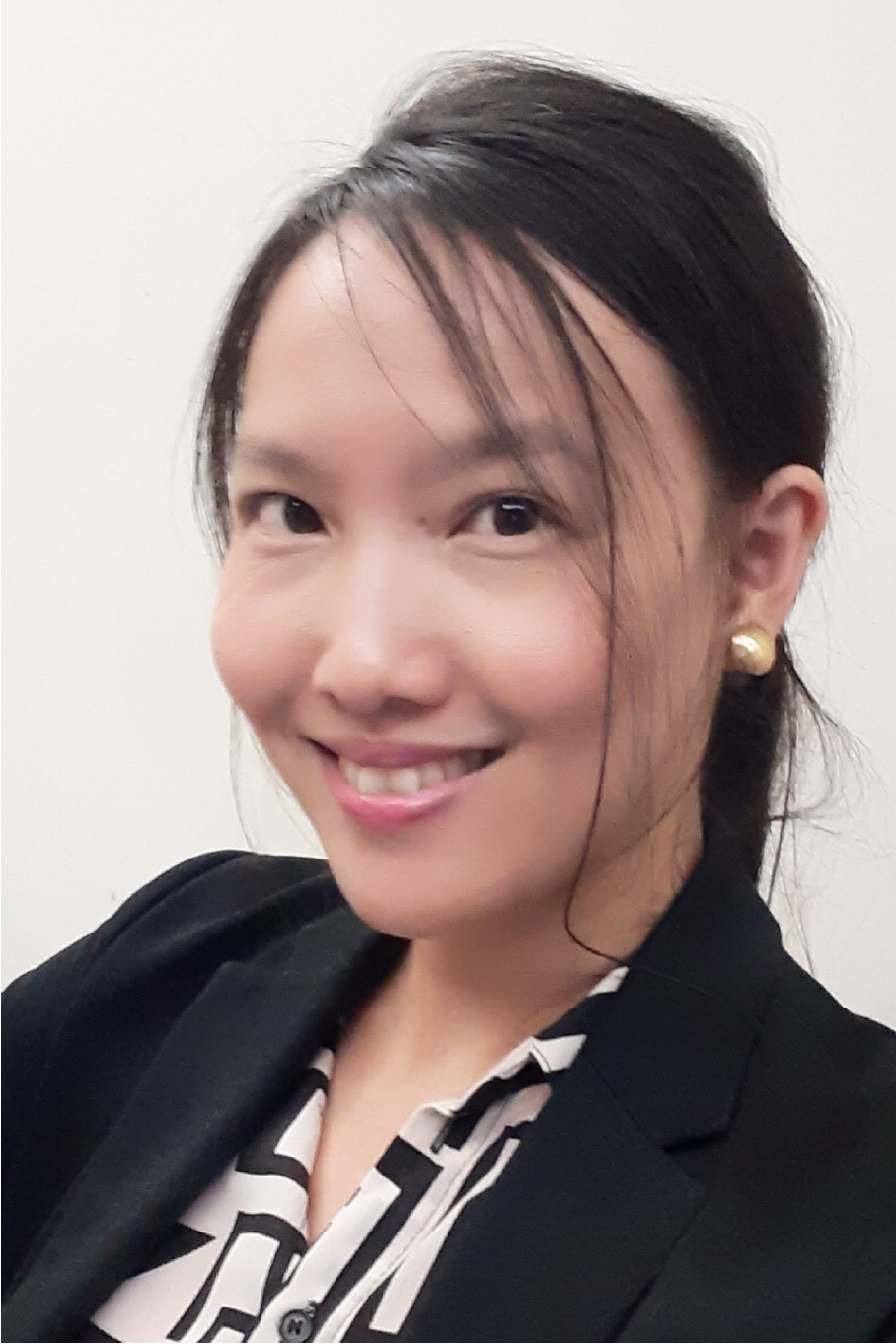Global collaboration is essential to solve modern food crises
In the era of globalisation, no country can survive alone.
Katie Chen
European Climate Pact Ambassador, European Commission
25 August 2022
On 6 August 2022, in Phnom Penh, Cambodia, the 55th ASEAN Foreign Minister Meeting concluded and stated that the ASEAN Community Vision 2025 is “maintaining ASEAN’s unity and Centrality in our community-building efforts and engagement with external partners, in promoting peace, security and stability.”1 However, European countries are struggling to fight water shortage and insecurity caused by the endless heatwaves at the same time, which threatens ASEAN food security due to global dependencies.
Food crisis and water security are inseparable issues. Singapore imports more than 90 per cent of food from 170 countries and regions.2 Hence, water scarcity in Singapore’s food import countries or neighbouring regions could lead to a national security issue, as people need water to grow crops and produce food. According to World Integrated Trade Solution, the latest data shows France was Singapore’s top food import country in 2019, with import food shares of 18.81 per cent, Malaysia with 12.87 per cent, and China with 9.37 per cent.3 However, France was recently impacted by water shortage in July and August 2022, posing a potential threat to Singapore’s food supply if the water crisis affects France’s agricultural production.
Many local crises could find a silver lining through global collaboration; food security is no exception
The disruption in food supply chain reveals that the agricultural sustainability issue is borderless. Fortunately, ASEAN Smart City Networks, one of the agreements in the Joint Communiqué of the 55th ASEAN Foreign Ministers Meeting, demonstrates the spirit of transnational cooperation between ASEAN countries and the European Union in realising the goal of sustainable urbanisation. This is a meaningful milestone of resilient city governance that the global community has achieved because robust urban governance not only starts within the national boundary, but also extends to the regions that supply food, water, etc. Though the risk of food trade is global, international collaboration may bring opportunities to local communities.
The EU has committed to support ASEAN countries with €5.1 million from 2021 to 2024 as part of the Smart Green ASEAN Cities (SGAC) Program, aiming to aid ASEAN member states in making their cities “green and smart” through digitalisation and technology.4 This is an excellent opportunity for ASEAN countries to pilot sustainable cities through collaboration and knowledge sharing with the EU. Innovative technology for food and water infrastructure, for instance, could be a top priority in the SGAC Program for Singapore to secure its sustainable food and water supply.
Newly added GRI standard brings global attention to the importance of sustainable agriculture
Food security is a universal issue that should not be overlooked especially when the world is mired in global inflation, ongoing war and post-pandemic slow recovery because any of the above problems could cause a butterfly effect of disrupting the supply chain. The Global Reporting Initiative (GRI), the international sustainability standards organisation, has recently launched the new GRI standard and it will be effective until 1st of January 2024. GRI 13: Agriculture, Aquaculture and Fishing Sectors 2022 implies that food governance can no longer be limited to the scope of an environmental issue because it also impacts “farming and fishing practices, human rights and communities, equitable livelihoods, and ethics governance,”5 etc. After all, sustainable cities promise the health and safety of human beings, not only strong environmental infrastructure.
